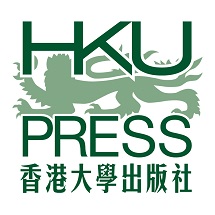UNESCO’s Origins, Achievements, Problems and Promise
An Inside/Outside Perspective from the US
9789881424129
Distributed for Hong Kong University Press
UNESCO’s Origins, Achievements, Problems and Promise
An Inside/Outside Perspective from the US
Discover the inside story of UNESCO’s underappreciated role in preserving humanity’s finest values and its sometimes strained relationship with the US. At the close of World War II, a group of visionary Americans led by J. William Fulbright and poet Archibald MacLeish helped forge the organization that would become UNESCO. They sought to promote international cooperation in education, science, culture and communication as a means of preserving a fragile peace and countering looming threats of annihilation in the nascent atomic age. Some 40 years later, the US withdrew from UNESCO—the very organization it had helped to create—and did not re-enter for another two decades. This book provides a candid and engaging account of these events from the US perspective and how the US has reacted to more recent political and financial trials since its re-entry to UNESCO in 2003. This history is marked by the tugs of domestic and international politics; the powerful influences, for better and worse, of key personalities from Washington’s Foggy Bottom to Paris’ Place de Fontenoy; and the efforts of scientists, scholars, preservationists, and others to work with UNESCO for the global good. The story exemplifies the workings of international organizations. It concludes with appeals to the US government to improve its strategic planning and consultation, and to UNESCO to improve its governance and finances.

